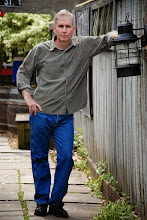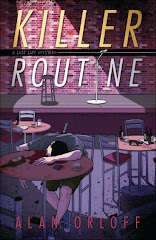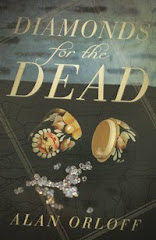Get in late, get out early.
No, that's not my plan for attending my neighbor kid's piano recital.
It is a simple, yet awesome, piece of advice I got once for making your scenes (and your novel) hum right along:
Get in late
Start each scene at the latest possible moment you can to avoid unnecessary throat clearing and preamble. How many times have you read a scene that opens with a character waking up or eating a meal or doing some mundane task? If you're like me, too many times. Get right to the action or right to the dialogue. Have your characters advance the plot, not tread water. Do we really need to read about a character driving to a meeting? Not unless he's involved in a fiery seven-car pileup and lives to tell the harrowing story. Instead, start the scene at the meeting. Or better yet, start the scene five minutes after the meeting has already begun, right as one member of the Board of Directors is hurling a shoe at another.
Personally, I always try to start in medias res (loosely translated: in the middle of the action) whenever possible, especially if a shoe fight is involved.
Get out early
It's just "get in late" in reverse! End a scene as soon as all the vital action is complete, before you end up killing the suspense with needless recap or filler. You know, the part where some minor supporting character says, "Goodbye, Ralph. Drive safely. Give me a call when you get home. Oh, I forgot, can you give me the twelve bucks you owe me? I've got a doctor's appointment tomorrow and I always like to eat lunch in the little cafe on the plaza outside. You remember, the one with the striped umbrellas and the waiters with the French accents. We had lunch there ourselves three months ago...or was it four months ago...No wait, I think it might have been two months ago. Definitely sometime in the past year. It was drizzling."
Remember, useless information is an anchor on your book's pacing! Also remember to watch out for flying shoes!































